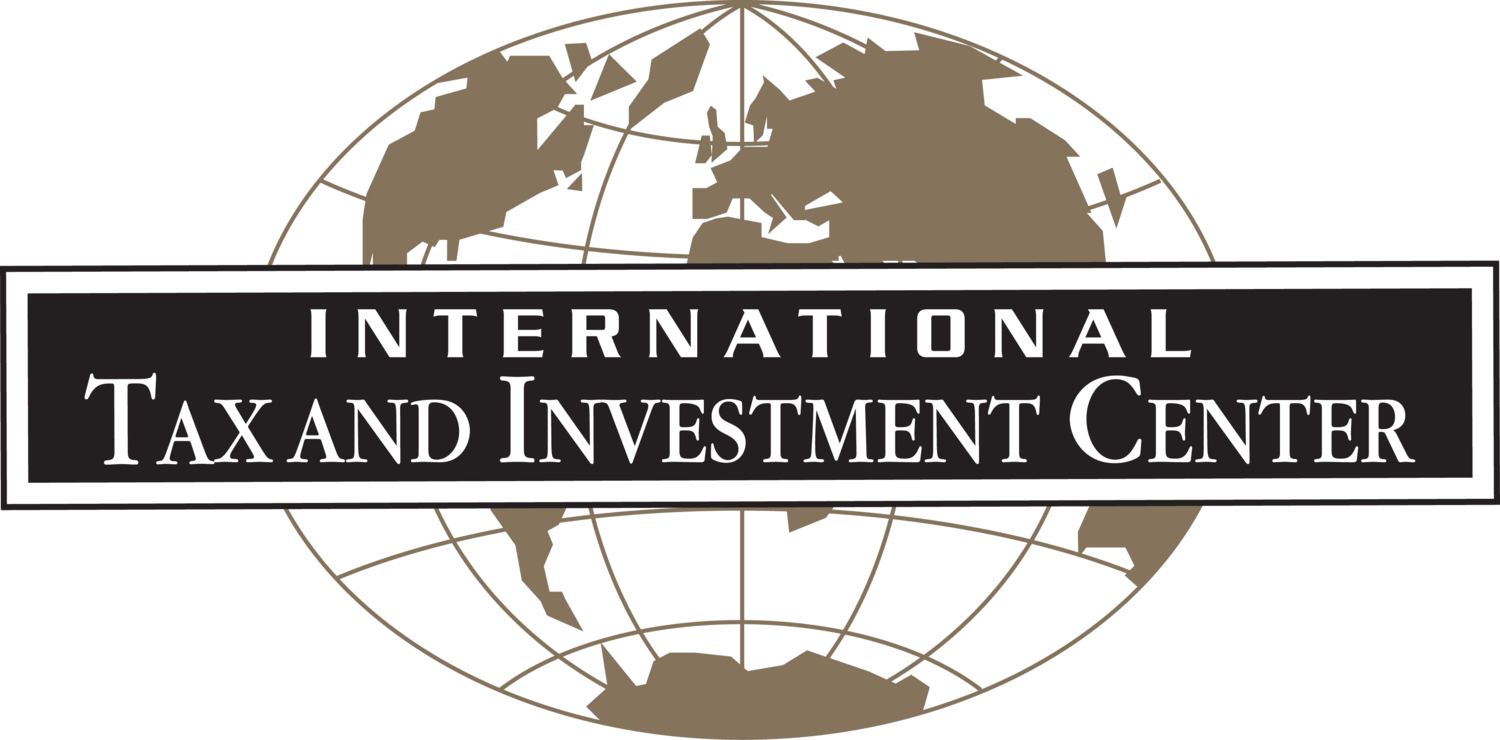CROSS-BORDER TAX AND TRADE
International double tax treaties, free trade agreements, investment protection agreements, and multilateral trade arrangements are part of the essential infrastructure of international trade and investment. ITIC plays a useful role in promoting free trade and open investment arrangements, supported by tax treaties consistent with these goals. ITIC advocates fair, balanced trade rules worldwide and recognizes that tax issues can play an important role in trade. ITIC works with governments to ensure compliance with global trade rules and foster regional economic cooperation agreements.
DIGITAL ECONOMY
In recent years, international organizations have become increasingly involved in issues related to taxation of the digital economy, both from a tax policy and a tax administration perspective. ITIC is committed to advancing understanding of digital economy tax issues by: (1) Facilitating trust and mutual understanding on tax policy and administration between digital/technology companies, international organizations and national governments; (2) Sharing practical industry know-how on evolving business models and jurisdiction-specific tax policy and administration; and, (3) Providing input on how digitalization and related taxation affects the global economy, growth, entrepreneurship, and the investment climate in individual countries.
INDIRECT TAX
ITIC has a long-standing interest and involvement in GST/VAT issues worldwide, including participation in several government advisory roles related to the introduction of such taxes. ITIC has conducted detailed research studies on specific areas of GST/VAT, including the application of these taxes to the financial services sector in the Asia-Pacific region. Since excise taxation often represents a significant portion of developing countries' budget revenues, it is important to have a simple structure and rates comparable to neighboring countries to protect the domestic tax base from illicit trade and provide stable and predictable budget revenues.
INTERNATIONAL DIRECT TAX
Transfer pricing issues have become increasingly important to global businesses and tax administrations worldwide. ITIC is uniquely placed to work with countries in developing a framework for common understanding on valuation issues in customs and transfer pricing.
ITIC’s work on corporate income tax has also included the role of tax incentives in national development. With BEPS-related provisions such as Country-by-Country reporting presenting new challenges and requirements, this will remain a core area of ITIC’s focus for many years to come.
NATURAL RESOURCES
ITIC is well-known worldwide for pioneering work on the extraction of natural resources, including special taxes applicable to these ventures such as royalty regimes, fees, petroleum profits taxes, resource rent taxes, and production-sharing contracts. ITIC has also conducted research on direct corporate income tax and GST issues that arise from long-term resource investments, as well as tax issues pertaining to the role of subcontractors and vendors.
TAX ADMINISTRATION
Because good tax administration leads to good tax policy, ITIC works with public- and private-sector stakeholders to improve understanding, develop capacity building and help countries achieve their full revenue potential through more effective and efficient tax administration. ITIC has conducted numerous capacity-building programs, often in collaboration with representatives of multilateral institutions, for tax administrations in Asia, Africa, Eurasia, Latin America, and the Middle East.


